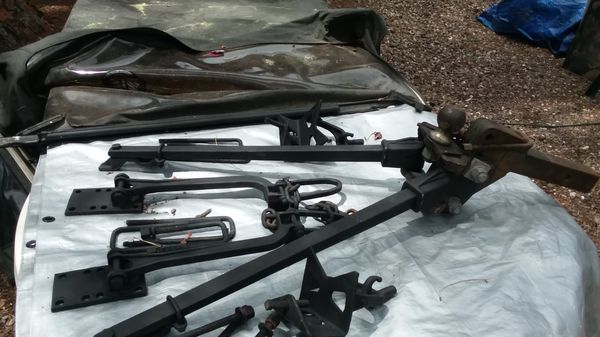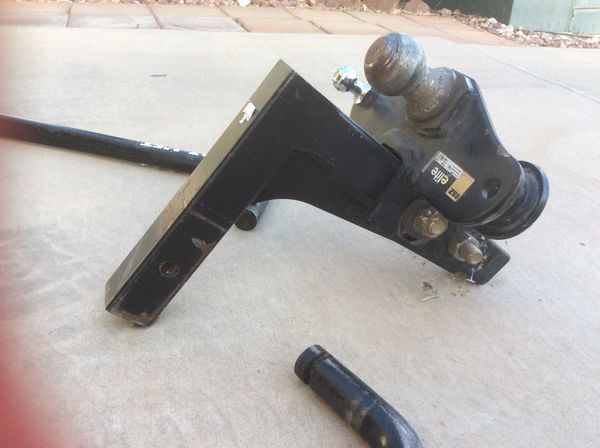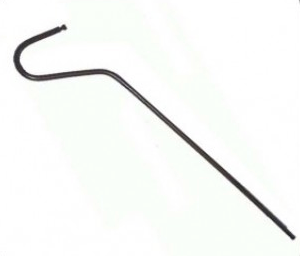

Make sure your tires are always filled to the maximum recommended pressure to prevent tire blowouts and trailer sway. This prevents them from working correctly, and leads to trailer sway. If you have under-inflated tires, your trailer tires can start to compress. This depends on where your horse trailer axles are located - if the trailer manufacturers put them too far forward in your trailer, it alters the tongue weight and can cause your trailer to be imbalanced. Trailer sway can also happen if the weight in your trailer is not distributed properly. This instability can then cause your trailer to sway. If your trailer’s tongue weight is too much for your tow vehicle to support, it will cause the back of your truck to sink, making your truck unstable. Uneven roads like dirt roads in rural areas or roads that are under construction can also lead to trailer sway. For that reason, it’s always best to avoid driving in such conditions. The slippery road surface can cause you to lose control of your horse trailer. Poor Driving Conditionsĭriving in bad weather, especially in rain or snow, can double your risk of experiencing trailer sway. Always make sure to drive at a safe speed while hauling your trailer.

Driving your horse trailer at speeds above 65 mph is dangerous and puts you, your horses, and your trailer in danger. Horse trailering requires more caution than normal driving, especially when driving in high wind areas or in bad weather. This can also happen if a large vehicle like an 18-wheeler truck passes your trailer on the road, causing a big gust of air to hit the side of your trailer. If a burst of wind hits the side of your trailer, your trailer can act like a huge sail and catch the air, pushing the trailer to the side. The intense burst of air flow can cause your trailer’s tires to lose their grip on the road, causing your trailer to sway. Your trailer can start to fishtail because of a large gust of wind while driving in an open, high-wind area. Here’s five common reasons why trailer sway is affecting your trailer performance: 1. Knowing why your trailer is swaying is the first step to correcting the problem. But sometimes, trailer sway is caused by reckless or unsafe driving, or having the wrong tow vehicle, both things horse owners can change to quickly correct the problem and eliminate trailer sway. As a trailer driver, some of these reasons are beyond your control. There are a few different reasons why trailer sway happens. What is Weight Distribution and How Does it Affect How Smoothly My Trailer Rides?.The One Thing that MOST Affects Your Horse Trailer's Towing Performance.


It can happen while you’re safely driving along a road you’ve driven on hundreds of times. But trailer sway doesn’t just happen on high wind days.
#Travel trailer equalizer bars how to
If the driver doesn’t know how to stabilize the trailer, it could result in a dangerous accident. Strong gusts of wind can cause horse trailers to move uncontrollably. This unnerving sensation can be frightening even for experienced drivers. Have you ever driven your trailer through a wide open area on a very windy day? If you have, you’ve probably felt your horse trailer start to sway from side to side behind your truck. This is the most effective way to prevent trailer sway and keep you, your family and your horses safe on the road. Sway bars for trailers, horse trailer parts, trailer axles, and even your horse trailer’s overall construction can affect how smoothly your trailer drives on the road. Trailer performance depends on many different factors - not just how cautiously you drive. That’s why it’s important to have a well-built, reliable trailer. Written by Rachael Kraft ( Last Updated )


 0 kommentar(er)
0 kommentar(er)
